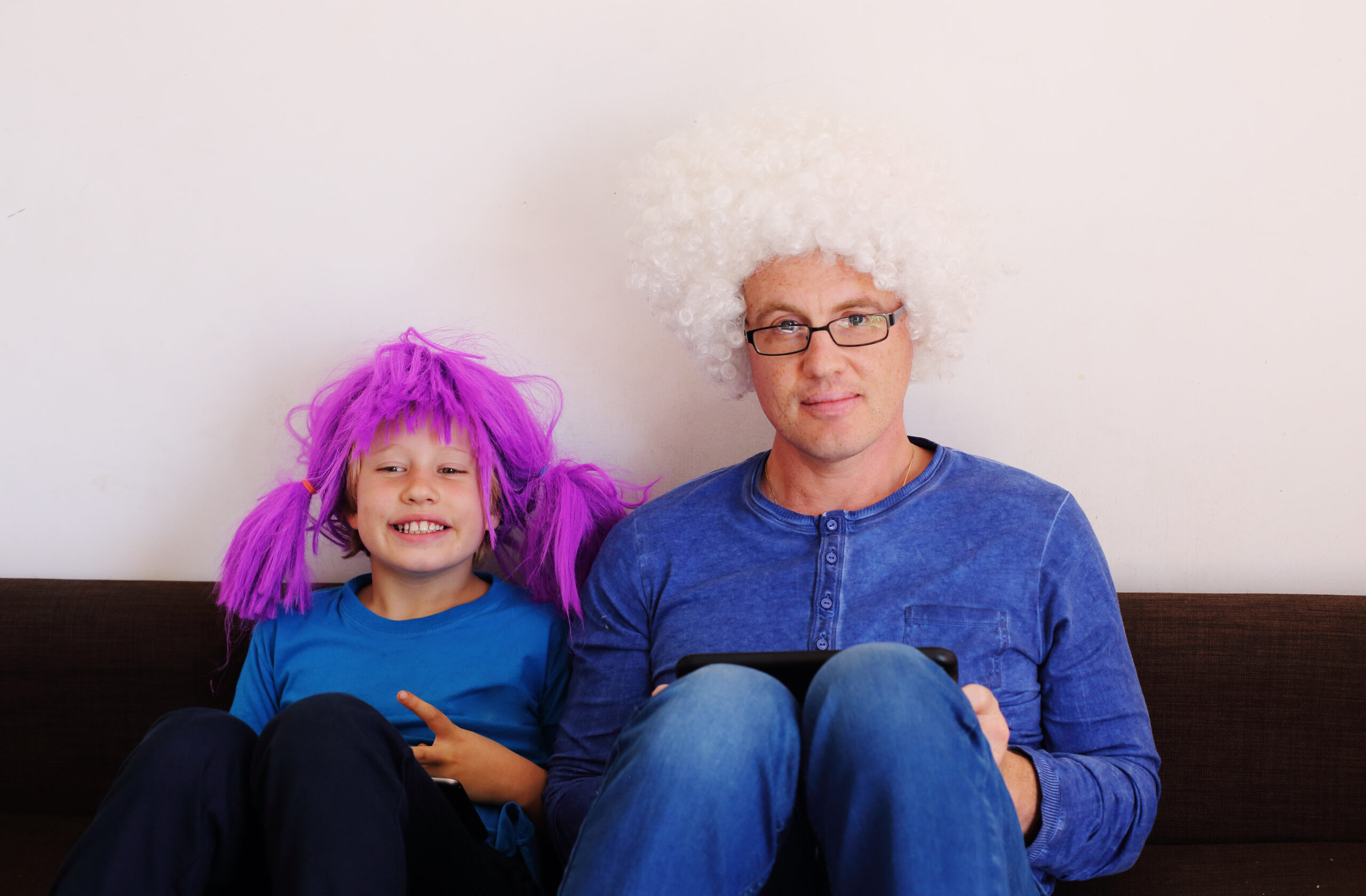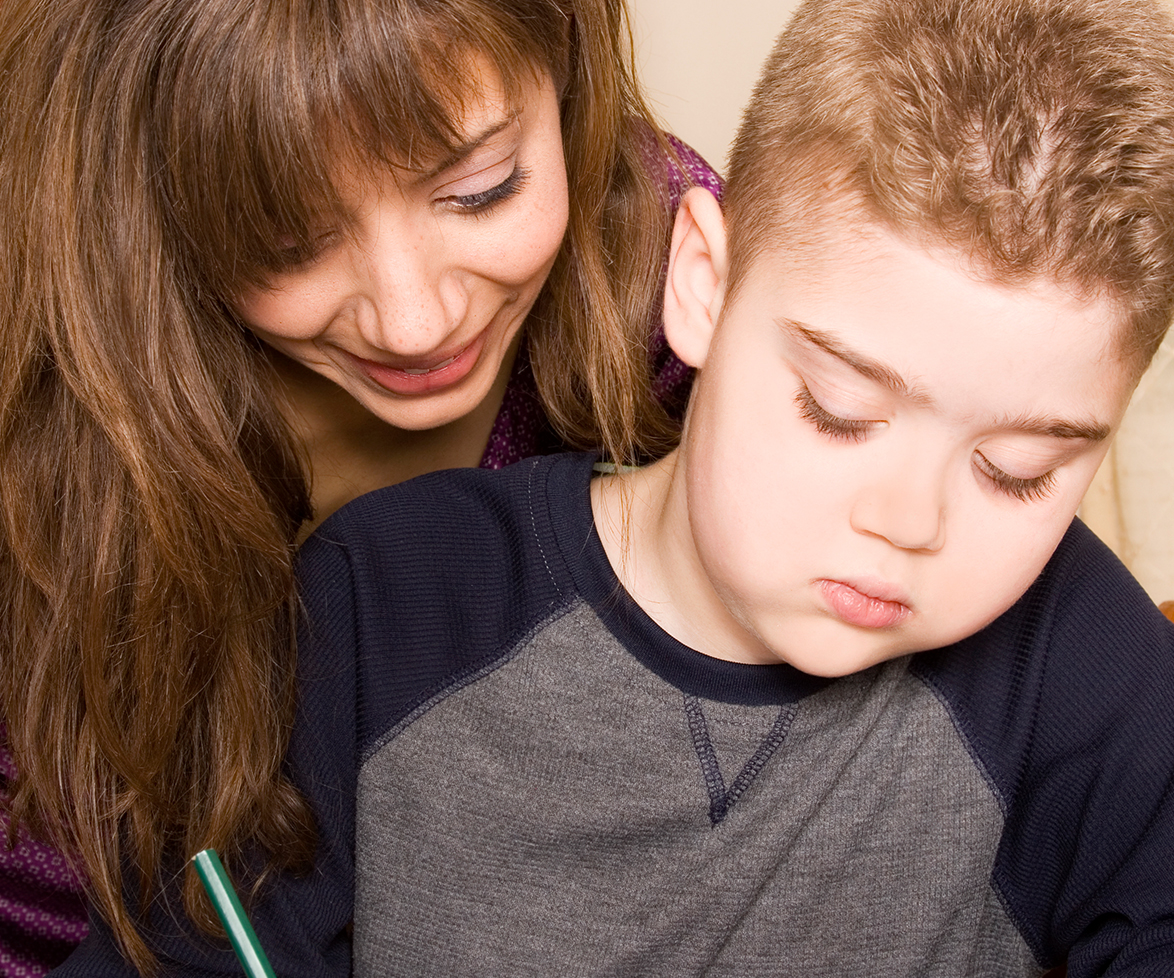Autism, in its varied forms, is a lifelong developmental condition that affects the way someone relates to the environment around them, as well as their interactions with other people.
And it currently impacts one in 100 Australians.
Now, a trial in the UK, sponsored by the University of Manchester, has found that while there is no cure for autism, improving a mother and father’s parenting techniques through mediated therapy ultimately improves their autistic child’s social skills.
Enter “super parenting”: the new, science-approved parenting method that aims to help mums and dads improve their children’s autism.
The trial, which comprised of 152 families who had a child who had been diagnosed with “severe autism” around the age of three, saw parents go through “intensive training” to better meet the needs of their child.
As reported by the BBC, according to Dr Catherine Aldred, who is a consultant speech and language therapist with Stockport NHS trust, this study is in no way about blaming parents.
“We’re taking the parent’s interaction with the child and taking it to a ‘super’ level, these children need more than ‘good enough’, they need something exceptional,” she said.
This “super parent” study involved parents watching videos back of themselves interacting with their child, and then having therapists and communication specialists point out the moments when their child was trying to communicate with them, but they missed it.

Therapists worked with parents to help them identify subtle, communicative movements in their autistic child that they were missing.
The proof that this technique works is in the research’s key findings. Typically, the effects of autism in a child worsen with age; as the BBC reported, 50 per cent of the children whose parents went through general therapies were severely autistic at the beginning of the trial, which, predictably, increased to 63 per cent after six years.
Yet of the 55 per cent who went through mediated, “super-parenting” therapy, only 46 per cent were still categorised as severely autistic.
Speaking to BBC Radio 4, the University of Manchester’s Professor Johnathon Green concedes that “super parenting” isn’t a cure for autism in children, but it does bring hope to families in that it could provide invaluable long-term improvements.
“”These results look promising for the many thousands of parents who want to find early interventions for their children based on solid science,” he added.
See the signs
Autism Spectrum Australia emphasise that while there is no one sign that your child could have autism spectrum disorder, an accumulation of these symptoms, which range from the way they interact and communicate socially to what their general behaviour is like, could indicate that they do:
They don’t return a smile
They aren’t interested in other kids
They look away from you when you try speaking to them
They may repeat themselves and lose words that they have used in the past
The struggle to mimic motor movements, like clapping their hands
They become distressed at everyday sounds
They use unusual motoring movements, like flapping their hands or spinning
They develop an attachment to unusual things
They find it difficult to cope with change
If you want to learn more about autism spectrum disorder, visit Autism Spectrum Australia’s website or book an appointment with your GP.


